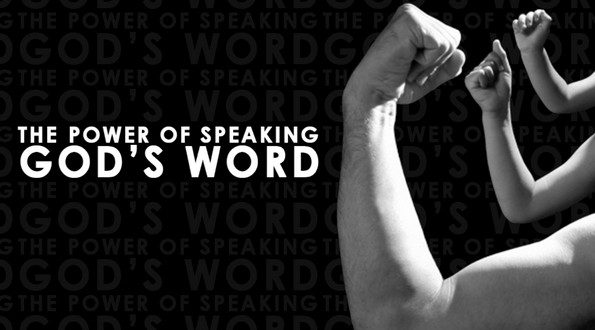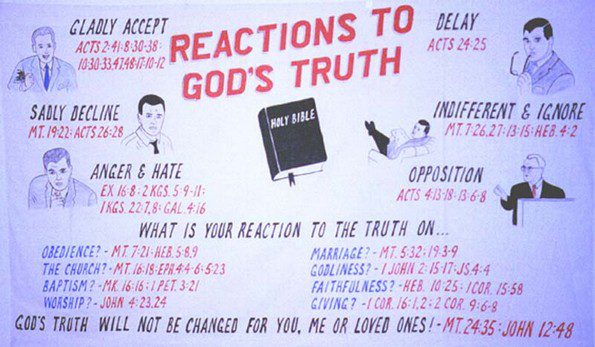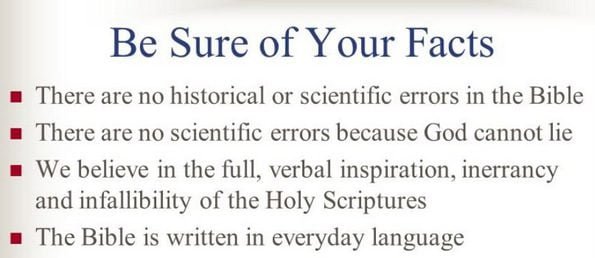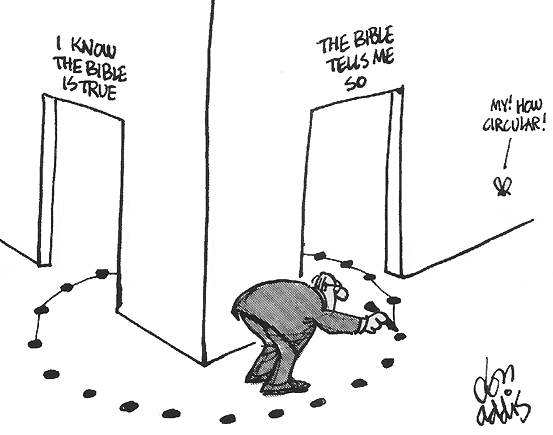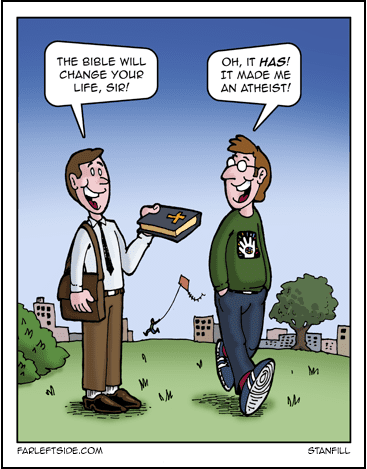
It is quite easy to predict how Answers in Genesis CEO Ken Ham will react to a new scientific discovery. It doesn’t matter what the discovery is, Ham will judge its veracity based on whether it bolsters his literalist interpretation of the book of Genesis. If it does, Ham loudly proclaims that the new discovery proves God created the universe in six literal 24-hour days, 6,023 years ago. If it doesn’t, Ham, filled with the righteous indignation of an Old Testament prophet, declares that scientists are wrongly interpreting the data, using wrong methods, or are secret agents working for secularists who want to rid the world of Evangelicals
Several years ago, Ham’s hemorrhoids became inflamed over a study published by the Arizona State University Institute of Origin about a human jawbone discovered in Ethiopia in 2013.
The Guardian reported at the time:
A lower jaw bone and five teeth discovered on a hillside in Ethiopia are the oldest remains ever found that belong to the genus Homo, the lineage that ultimately led to modern humans.
Fossil hunters spotted the jaw poking out of a rocky slope in the dry and dusty Afar region of the country about 250 miles from Addis Ababa.
The US-led research team believes the individual lived about 2.8m years ago, when the now parched landscape was open grassland and shrubs nourished by tree-lined rivers and wetlands.
The remains are about 400,000 years older than fossils which had previously held the record as the earliest known specimens on the Homo lineage.
The discovery sheds light on a profoundly important but poorly understood period in human evolution that played out between two and three million years ago, when humans began the crucial transformation from ape-like animals into forms that used tools and eventually began to resemble modern humans.
“This is the first inkling we have of that transition to modern behaviour. We were no longer solving problems with our bodies but with our brains,” said Brian Villmoare at the University of Nevada in Las Vegas.
The new fossil, found at a site called Ledi-Geraru, has a handful of primitive features in common with an ancient forerunner of modern humans called Australopithecus afarensis. The most well-known specimen, the 3m-year-old Lucy, was unearthed in 1974 in Hadar, only 40 miles from the Ledi-Geraru site. But the latest fossil has more modern traits too. Some are seen only on the Homo lineage, such as a shallower chin bone…
…Other researchers agree. In a separate paper published in Nature, Fred Spoor at University College, London, reports a virtual reconstruction of a Homo habilis skull. “By digitally exploring what Homo habilis really looked like, we could infer the nature of its ancestor, but no such fossils were known,” said Spoor. “Now the Ledi-Geraru jaw has turned up as if on request, suggesting a plausible evolutionary link between Australopithecus afarensis and Homo habilis.”…
Ken Ham has a problem with any number that has more than four digits, that is unless it is a tax credit from the state of Kentucky, then he likes the number 18 with six zeroes. Since scientists are using numbers with lots of zeros to date the jawbone, Ham has published an article repudiating the recent find:
Headlines are buzzing with news about the oldest known human in the fossil record. The specimen—half a lower jawbone with five teeth—was found in the Ledi-Geraru research area in Ethiopia and has been recently reported in the journal Science. This jaw was found in 2013 about 12 miles from where “Lucy” was originally discovered. Lucy, of course, is an extinct ape called Australopithecus afarensis, and evolutionists believe Lucy was an important step in human evolution.
Officially dated at 2.8 million years, the Ledi jaw has been assigned a date midway between the “most recent” specimens of Australopithecus afarensis and the “oldest” examples of human fossils, Homo habilis. Researchers have not been able to determine the Ledi jaw’s species, but they are convinced it is a species of Homo. Its discoverers are touting it as a transitional form, a missing link between Lucy and Homo.
Now, we’ll post a more comprehensive article about the Ledi jaw next week. Our qualified AiG researchers will describe for you the anatomy of the new fossil and how it compares to the jaws and teeth of apes like Lucy and those of humans. But as much as the evolutionary community is raving about the convenient timeline connecting Lucy, the Ledi jaw, and later humans, many of their conclusions are based on the unverifiable dates assigned to it. And like all such millions-of-years claims, these dates are totally dependent on assumptions and worldview-based interpretations of radiometric dating methods. They are calling some of the Ledi jaw’s features “primitive” and others “advanced” because they assume that humans evolved from ape-like ancestors along this timeline.
You see, your worldview determines how you interpret the evidence. These scientists have a secular worldview, and they start with the assumption that humans evolved from ape-like ancestors so that’s what they see…
…But what does the Bible tell us? God made all kinds of land animals as well as Adam and Eve on Day Six of Creation week about 6,000 years ago. He made animals to reproduce and vary only within their created kinds. And this is confirmed through observational science. God made the first man, Adam, in His own image on that same day, from “the dust of the ground” (Genesis 2:7)—not through evolutionary processes and ape-like ancestors. He also made the first woman from the man (from Adam’s side). Obviously Christians cannot claim God supposedly used evolution as some try to do! No matter what evolutionary scientists claim about fossils like this, the truth is it is that while a fossil could be human or could be an ape, it could never be a transitional form…
For Ham, it’s never about the science. The Bible says . . . end of discussion. No matter what scientists find, if the new discovery contradicts Ham’s literalist reading of the inspired, inerrant, infallible Word of God, “qualified AIG researchers” will find some way to discredit the discovery. Their entire worldview depends on their ability to keep modern science contained within the matchbox of young-earth creationism. Scientists long ago lit a match and set fire to this box, but Ham and others like him, sit in the ashes of their ignorant beliefs and continue to pretend the box is still whole.

Is there any hope of reaching someone who is a creationist? Sure. Thousands of former creationists read this blog. They, at one time, had beliefs similar to those of Ken Ham. They are a testimony to the possibility of change. But, the only way for this to happen is to destroy the foundation these errant beliefs are built upon — the Protestant Christian Bible. Until creationists are willing to let go of literalism and the inerrancy of the Bible, there is no hope of reaching them. They have walled themselves off from anything that does not fit with their Fundamentalist beliefs.
Bruce Gerencser, 68, lives in rural Northwest Ohio with his wife of 47 years. He and his wife have six grown children and sixteen grandchildren. Bruce pastored Evangelical churches for twenty-five years in Ohio, Texas, and Michigan. Bruce left the ministry in 2005, and in 2008 he left Christianity. Bruce is now a humanist and an atheist.
Your comments are welcome and appreciated. All first-time comments are moderated. Please read the commenting rules before commenting.
You can email Bruce via the Contact Form.

